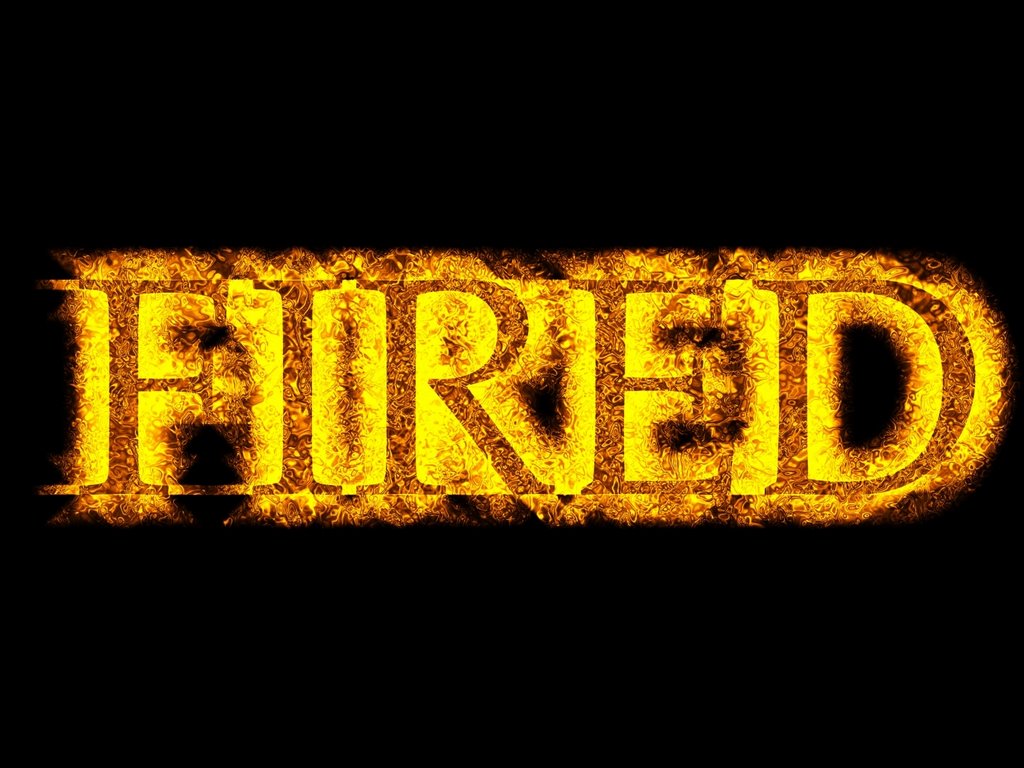Wrongful Termination: Participation as Protected Activity
A variation of wrongful termination occurs when a person is fired because he or she participated in the investigation of discrimination in the workplace. The anti-retaliation provisions of the employment discrimination laws make it unlawful to discriminate against an individual because he or she has made a charge, testified, assisted, or participated in any manner in an investigation, proceeding, hearing, or litigation under:
This protection applies to individuals challenging employment discrimination under the statutes enforced by the Equal Employment Opportunity Commission (EEOC) in EEOC proceedings, in state administrative or court proceedings, as well as in federal court proceedings, and to individuals who testify or otherwise participate in such proceedings.
Participation Is Protected Regardless of Whether the Allegations in the Original Charge Were Valid or Reasonable
The anti-discrimination statutes do not limit or condition in any way the protection against retaliation for participating in the charge process. While the opposition clause [of Title VII] applies only to those who protest practices that they reasonably and in good faith believe are unlawful, the participation clause [of Title VII] applies to all individuals who participate in the statutory complaint process.
Thus, courts have consistently held that a respondent (i.e., the employer) is liable for retaliating against an individual for filing an EEOC charge regardless of the validity or reasonableness of the charge.
To permit an employer to retaliate against a charging party (e.g., an employee) based on the employer's unilateral determination that the charge was unreasonable or otherwise unjustified would chill the rights of all individuals protected by the anti-discrimination statutes.
The Person Claiming Retaliation Need Not Be the Person Who Engaged in Participation
The retaliation provisions of Title VII, the ADEA, the EPA, and the ADA prohibit retaliation against someone so closely related to or associated with the person exercising his or her statutory rights that it would discourage or prevent the person from pursuing those rights.
For example, it would be unlawful for a respondent (i.e., the employer) to retaliate against an employee because his or her spouse, who is also an employee, filed an EEOC charge. Both spouses, in such circumstances, could bring retaliation claims.
The Practices Challenged in Prior or Pending Statutory Proceedings Need Not Have Been Engaged in by the Named Respondent
An individual is protected against retaliation for participation in employment discrimination proceedings even if those proceedings involved a different entity.
For example, a violation would be found if a respondent refused to hire the charging party because it was aware that she filed an EEOC charge against her former employer.
[Source: EEOC compliance manual]
A person's participating in proceedings investigating discrimination constitutes the protected activity, which -- when followed closely by an adverse action, such as wrongful termination, by the employer -- can serve to demonstrate an impermissible causal connection supporting the claim of retaliation by wrongful termination.
--------------
Technorati tags: wrongful dismissal, wrongful discharge, fired, participation, protected activity, employment law, human resources, HR, unlawful termination, wrongful termination.
- Title VII of the Civil Rights Act of 1964, as amended;
- the Age Discrimination in Employment Act (ADEA);
- the Equal Pay Act (EPA); or
- the Americans with Disabilities Act (ADA).
This protection applies to individuals challenging employment discrimination under the statutes enforced by the Equal Employment Opportunity Commission (EEOC) in EEOC proceedings, in state administrative or court proceedings, as well as in federal court proceedings, and to individuals who testify or otherwise participate in such proceedings.
Participation Is Protected Regardless of Whether the Allegations in the Original Charge Were Valid or Reasonable
The anti-discrimination statutes do not limit or condition in any way the protection against retaliation for participating in the charge process. While the opposition clause [of Title VII] applies only to those who protest practices that they reasonably and in good faith believe are unlawful, the participation clause [of Title VII] applies to all individuals who participate in the statutory complaint process.
Thus, courts have consistently held that a respondent (i.e., the employer) is liable for retaliating against an individual for filing an EEOC charge regardless of the validity or reasonableness of the charge.
To permit an employer to retaliate against a charging party (e.g., an employee) based on the employer's unilateral determination that the charge was unreasonable or otherwise unjustified would chill the rights of all individuals protected by the anti-discrimination statutes.
The Person Claiming Retaliation Need Not Be the Person Who Engaged in Participation
The retaliation provisions of Title VII, the ADEA, the EPA, and the ADA prohibit retaliation against someone so closely related to or associated with the person exercising his or her statutory rights that it would discourage or prevent the person from pursuing those rights.
For example, it would be unlawful for a respondent (i.e., the employer) to retaliate against an employee because his or her spouse, who is also an employee, filed an EEOC charge. Both spouses, in such circumstances, could bring retaliation claims.
The Practices Challenged in Prior or Pending Statutory Proceedings Need Not Have Been Engaged in by the Named Respondent
An individual is protected against retaliation for participation in employment discrimination proceedings even if those proceedings involved a different entity.
For example, a violation would be found if a respondent refused to hire the charging party because it was aware that she filed an EEOC charge against her former employer.
[Source: EEOC compliance manual]
A person's participating in proceedings investigating discrimination constitutes the protected activity, which -- when followed closely by an adverse action, such as wrongful termination, by the employer -- can serve to demonstrate an impermissible causal connection supporting the claim of retaliation by wrongful termination.
--------------
Technorati tags: wrongful dismissal, wrongful discharge, fired, participation, protected activity, employment law, human resources, HR, unlawful termination, wrongful termination.
Labels: participation, wrongful termination





<< Home